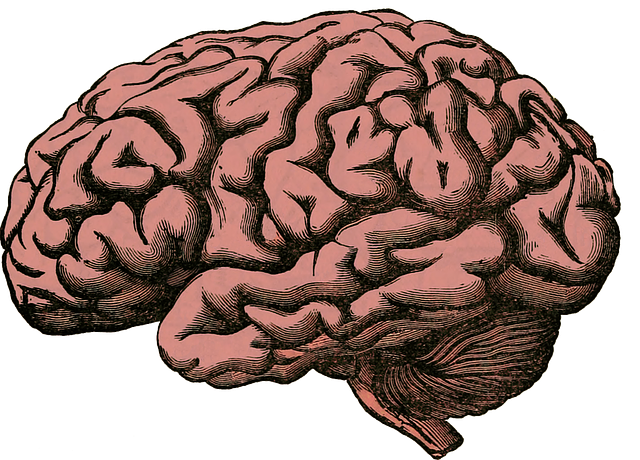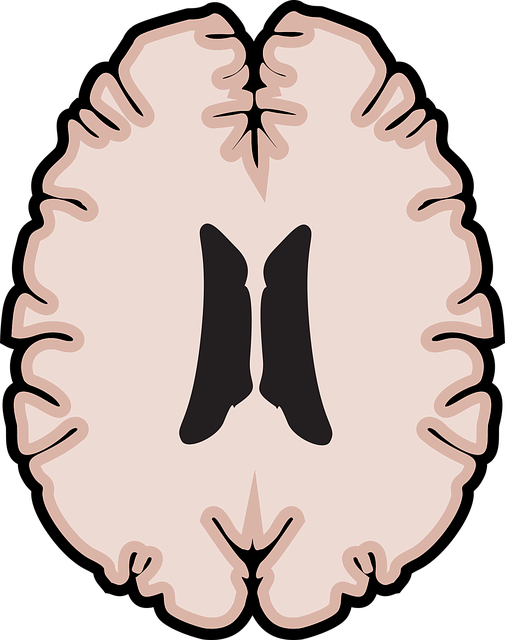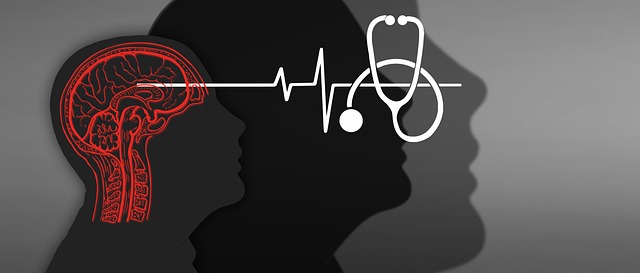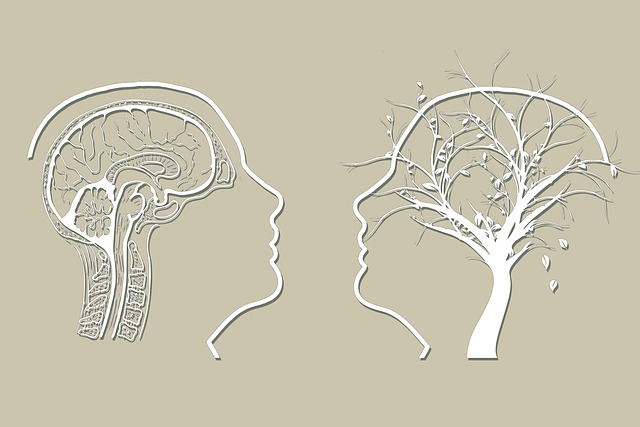Wheat Ridge Neuro Disorders Therapy leads in Crisis Intervention Team (CIT) training, focusing on managing neurodiversity-related crises and fostering mental wellness. Their evidence-based programs equip professionals with skills in risk assessment, de-escalation, communication, and mindfulness, enhancing team effectiveness and emotional well-being during high-stress situations. By improving crisis response capabilities and promoting mental health awareness, Wheat Ridge Neuro Disorders Therapy contributes to safer, more resilient communities, emphasizing long-term success through holistic coaching and supportive environments.
“Crisis intervention teams (CITS) play a pivotal role in mental health support, especially in high-stress situations. This article delves into the critical function of these teams, highlighting the expertise offered by centers like Wheat Ridge Neuro Disorders Therapy. We explore key training components and their profound impact on community well-being. From understanding team dynamics to real-world applications, this guide offers insights into building resilient communities through continuous improvement. Discover how effective CIT training programs are transforming mental health care, with a special focus on the contributions of Wheat Ridge Neuro Disorders Therapy.”
- Understanding Crisis Intervention Teams: A Vital Resource in Mental Health Support
- The Role of Wheat Ridge Neuro Disorders Therapy in Training and Preparation
- Key Components of Effective Crisis Intervention Team Training Programs
- Benefits and Impact on Community Well-being: Real-World Applications
- Building Resilient Communities: Strategies for Continuous Improvement and Growth
Understanding Crisis Intervention Teams: A Vital Resource in Mental Health Support

Crisis Intervention Teams (CITs) are a vital resource in mental health support, offering immediate and specialized assistance during times of crisis. These teams, often consisting of trained professionals from various backgrounds, such as mental health therapists, social workers, and first responders, provide a coordinated response to individuals experiencing severe emotional distress or psychotic episodes. At Wheat Ridge Neuro Disorders Therapy, our CIT program is designed to empower individuals with the skills needed to navigate through crises, fostering resilience and promoting long-term mental well-being.
Mental Health Awareness plays a crucial role in recognizing when someone is in crisis and knowing how to effectively respond. Our training programs focus on equipping individuals with strategies for Stress Management Workshops Organization and Resilience Building. By participating in these workshops, community members gain the confidence to support those in distress, whether it’s through de-escalation techniques or simply being a compassionate listener. Through ongoing education and practice, we aim to create a network of capable individuals ready to intervene during mental health crises, ultimately reducing the burden on emergency services and ensuring better outcomes for those in need.
The Role of Wheat Ridge Neuro Disorders Therapy in Training and Preparation

Wheat Ridge Neuro Disorders Therapy plays a pivotal role in crisis intervention team (CIT) training programs. Their expertise lies in preparing individuals to navigate and manage critical situations effectively. Through comprehensive workshops, they equip participants with essential tools for recognizing and responding to neurodiversity-related crises, such as those involving autism spectrum disorder or other neurological conditions. By fostering an understanding of these unique challenges, the therapy team enhances the CIT’s ability to provide tailored support, ensuring a more effective and compassionate response.
In addition to crisis management, Wheat Ridge Neuro Disorders Therapy offers specialized training in anxiety relief, self-esteem improvement, and social skills training. These programs are designed to empower individuals with the confidence and resilience needed to confidently intervene when facing neurodiversity-related crises. By combining evidence-based practices with a deep understanding of neurodiverse individuals, they contribute significantly to the overall effectiveness and success of CIT initiatives.
Key Components of Effective Crisis Intervention Team Training Programs

Effective crisis intervention team (CIT) training programs are multifaceted and crucial in preparing mental health professionals to handle severe crises. The key components of such programs include comprehensive risk assessment techniques that enable CIT members to swiftly identify and mitigate potential dangers, ensuring the safety of individuals involved. Training should equip professionals with emotional well-being promotion techniques, fostering resilience against burnout—a prevalent issue among healthcare providers, especially in high-stress environments.
At Wheat Ridge Neuro Disorders Therapy, we emphasize the integration of evidence-based practices for risk assessment, coupled with strategies for managing and preventing burnout. These include mindfulness exercises, effective communication skills, and de-escalation techniques tailored to diverse populations. Regular simulations and role-playing scenarios further enhance the team’s preparedness, allowing them to respond cohesively in real-world crisis situations while prioritizing the emotional well-being of all parties involved.
Benefits and Impact on Community Well-being: Real-World Applications

Crisis intervention team training programs play a pivotal role in enhancing community well-being by equipping individuals with the skills to handle and de-escalate high-stress situations. These programs, such as those offered by Wheat Ridge Neuro Disorders Therapy, not only foster mental wellness but also promote emotional intelligence and mindfulness meditation. By training crisis intervention teams, communities can better navigate challenging scenarios, from domestic disputes to public health crises, ensuring the safety and stability of their members.
The impact of these initiatives is tangible, with real-world applications that demonstrate improved outcomes for both individuals and the community at large. Enhanced emotional intelligence enables team members to understand and respond appropriately to diverse emotional states, reducing potential escalations. Mindfulness meditation practices contribute to better stress management, allowing teams to remain calm under pressure. As a result, crisis intervention teams are better equipped to provide effective support, ultimately strengthening the social fabric and fostering a safer, more resilient community.
Building Resilient Communities: Strategies for Continuous Improvement and Growth

Building resilient communities is a key strategy for crisis intervention team training programs to ensure long-term success and growth. By fostering a culture of mental wellness, teams can develop the skills needed to navigate challenging situations effectively. This includes implementing Mental Wellness Journaling Exercise Guidance as a tool to enhance self-awareness and emotional regulation among team members. Regular reflection and sharing within the group create a supportive environment, encouraging open communication and fostering resilience in the face of adversity.
Wheat Ridge Neuro Disorders Therapy recognizes the importance of continuous improvement. Mental Wellness Coaching Programs Development plays a pivotal role in this process by offering specialized training tailored to the unique needs of crisis intervention teams. Through practical exercises and expert guidance, coaches help individuals cultivate coping mechanisms and build resilience, ensuring they are equipped to support both their peers and the community at large. This holistic approach not only strengthens individual preparedness but also contributes to the overall well-being and sustainability of the community as a whole.
Crisis intervention team (CIT) training programs, enriched by institutions like Wheat Ridge Neuro Disorders Therapy, play a pivotal role in enhancing mental health support within communities. By focusing on key components such as de-escalation techniques, cultural competency, and trauma-informed care, these programs empower individuals to effectively navigate crises. The benefits extend far beyond individual resilience; they foster more secure, resilient communities where folks feel supported and empowered. Continuous improvement strategies, grounded in real-world applications, ensure that CIT training remains dynamic and relevant, ultimately strengthening the safety net for those facing mental health challenges.










